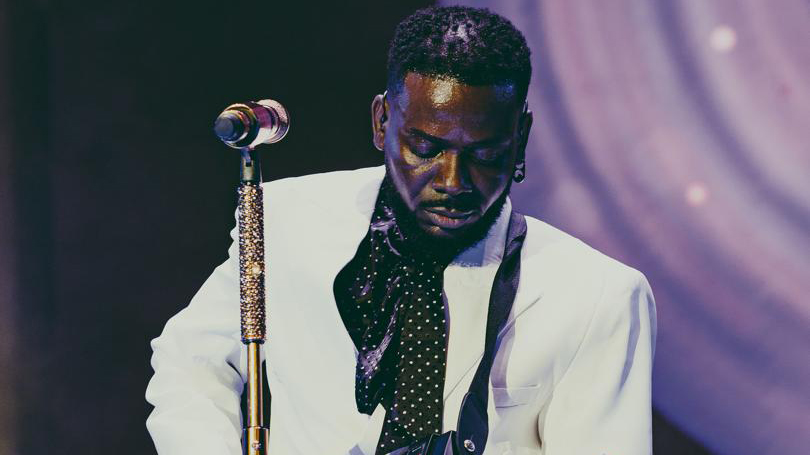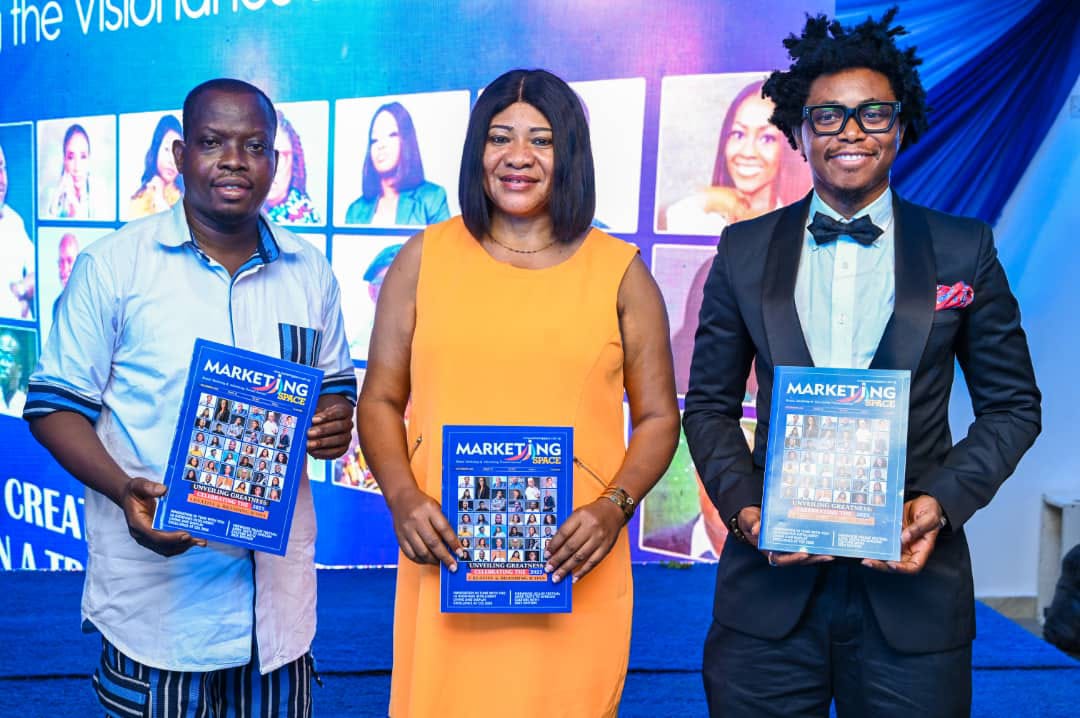
Since assumption of office in January, the United States President, Donald Trump, has frozen over $268 million allocated by the Congress to assist independent media and free flow of information.
Reporters Without Borders (RSF) has expressed serious concern over this decision, which has plunged NGOs, media outlets and journalists doing advocacy work into uncertainty. RSF, therefore, called for international public and private support to commit to the sustainability of independent media.
Executive Director, RSF USA, Clayton Weimers, noted, “the American aid funding freeze is sowing chaos around the world, including in journalism. The programmes that have been frozen provide vital support to projects that strengthen media, transparency, and democracy. President Trump justified this order by charging – without evidence – that a so-called ‘foreign aid industry’ is not aligned with U.S. interests. The tragic irony is that this measure will create a vacuum that plays into the hands of propagandists and authoritarian states. RSF is appealing to the international public and private funders commit to the sustainability of independent media.”
In Nigeria, Chief Executive Officer Wole Soyinka Centre for Investigative Journalism (WSCIJ), Motunrayo Alaka; Dean, Faculty of Communication and Media Studies, University of Abuja, Prof. Abdullahi Saleh Bahir and Executive Director Media Rights Agenda (MRA), Edetaen Ojo, spoke with The Guardian on the issue.
To Alaka, “stopping the aid means many things will be affected. Some organisations may shut down. Some may lay off their members of staff because this is their main source of income. It is also threat to diversity. When journalism cannot get funds to be independent, it affects freedom of expression and the press. It will also put pressure on other sources of funding for journalism.”
Saying WSCIJ do not receive grants from USAID, she, however, disclosed that the centre receives grants from the US consulate.
Alaka also suggested it is time for reflection and Africans must look inwards for funding. To this end, she urged leaders of industry to come together and fund development in Africa and Nigeria.
She added, “they must intentionally put their money in things that uplift the vulnerable in the society.”
She asked, “how can we make the richest people in Africa and Nigeria fund journalism? Many of them don’t want to fund investigative reporting.”
On his part, Bashir described President Trump’s action as worrying and it could create huge vacuum. To him, the implication of this is that organisations relying on them will start looking elsewhere.
Over the years, he said USAID has been funding journalism. He recalled a number of journalists and Non Government Organisations (NGOs) and some media organisations have benefited from the grants.
The don, who is also the National President African Council for Communication Education (ACCE) Nigeria argued government alone cannot fix the gaps, adding some are of the opinion that we should look towards countries like China and Russia for funding.
He suggested, “we need to look inwards but the financial capacity is not there. There are also infrastructural challenges.”
To this end, he called on private sector leaders to intervene.
Describing the development as a major setback for media freedom in Africa, Ojo stated the United States government’s freeze on foreign assistance, with respect to journalism in Nigeria and across Africa, has significant implications for media freedom, sustainability, and democratic governance.
Some media outlets as well as media support organizations in Nigeria and Africa, he observed, rely on foreign funding, including U.S. government grants, to support investigative journalism, fact-checking, and reporting on governance issues, as well as promoting and defending media freedom.
Therefore, he insisted the funding freeze could weaken independent media, making it harder for journalists to report on corruption, human rights abuses, and democratic processes.
Over the years, he added foreign assistance, including from various U.S. government agencies, has helped fund training programmes, equipment, and operational costs for investigative journalists and media support organisations.
Without these resources, he said such media houses might struggle to carry out in-depth reporting on issues like government accountability, public health, electoral processes, among others.
At a time when the media industry in Africa is facing severe economic challenges, including declining advertising revenue and, in some cases, government-imposed restrictions, he stated the withdrawal of U.S. funding could force such outlets to shut down or become more vulnerable to the influence of state and corporate actors.
With reduced funding for independent journalism, Ojo further expressed worries that authoritarian regimes on the continent would likely tighten their grip on the media landscape, especially with governments that are already using financial pressures to suppress critical reporting becoming more emboldened in censoring dissenting voices and critical media outlets.
Without this assistance, he observed independent media outlets and journalists are likely to become overwhelmed by state-controlled and politically aligned media outlets that could dominate the information space.
This, he argued could lead to increased misinformation, propaganda, and reduced public trust in the media.
He disclosed MRA has received funding from USAID and various other U.S. government agencies on and off over the last two decades, but it does not currently have any funding from either USAID or any other U.S. government agency.
Over the years, USAID programmes have supported independent media in more than 30 countries. In 2023, according to a USAID fact sheet, the agency funded training and support for 6,200 journalists, assisted 707 non-state news outlets, and supported 279 media-sector civil society organisations dedicated to strengthening independent media. The 2025 foreign aid budget included $268,376,000 allocated by Congress to support “independent media and the free flow of information.”
All over the world, media outlets and organisations have had to halt some of their activities overnight.
According to a journalist from Belarusian, “we have articles scheduled until the end of January, but after that, if we haven’t found solutions, we won’t be able to publish anymore.”
In Cameroon, the funding freeze forced DataCameroon, a public interest media outlet based in the economic capital, Douala, to put several projects on hold, including one focused on journalist safety and another covering the upcoming presidential election.






